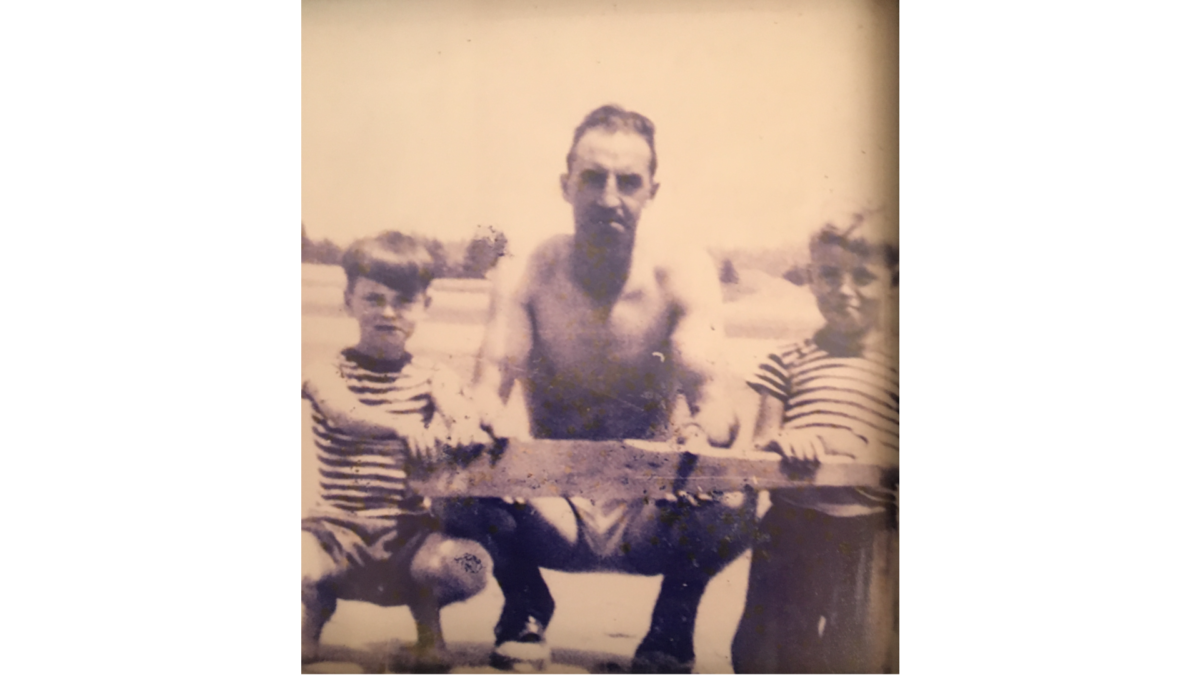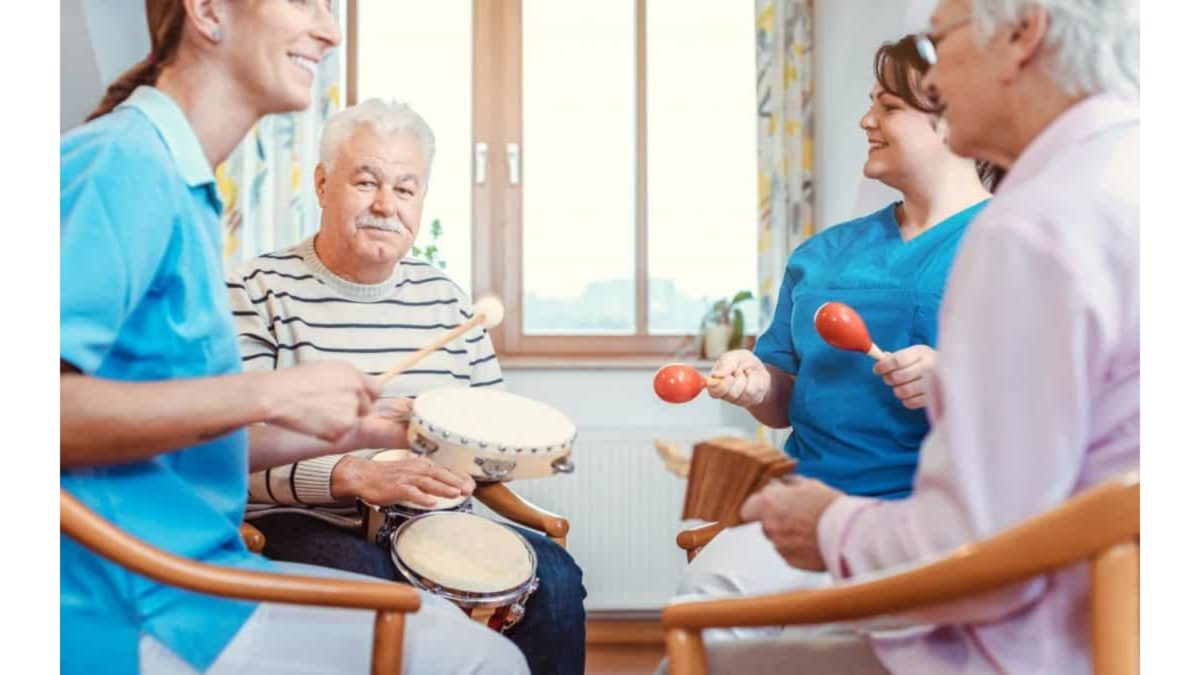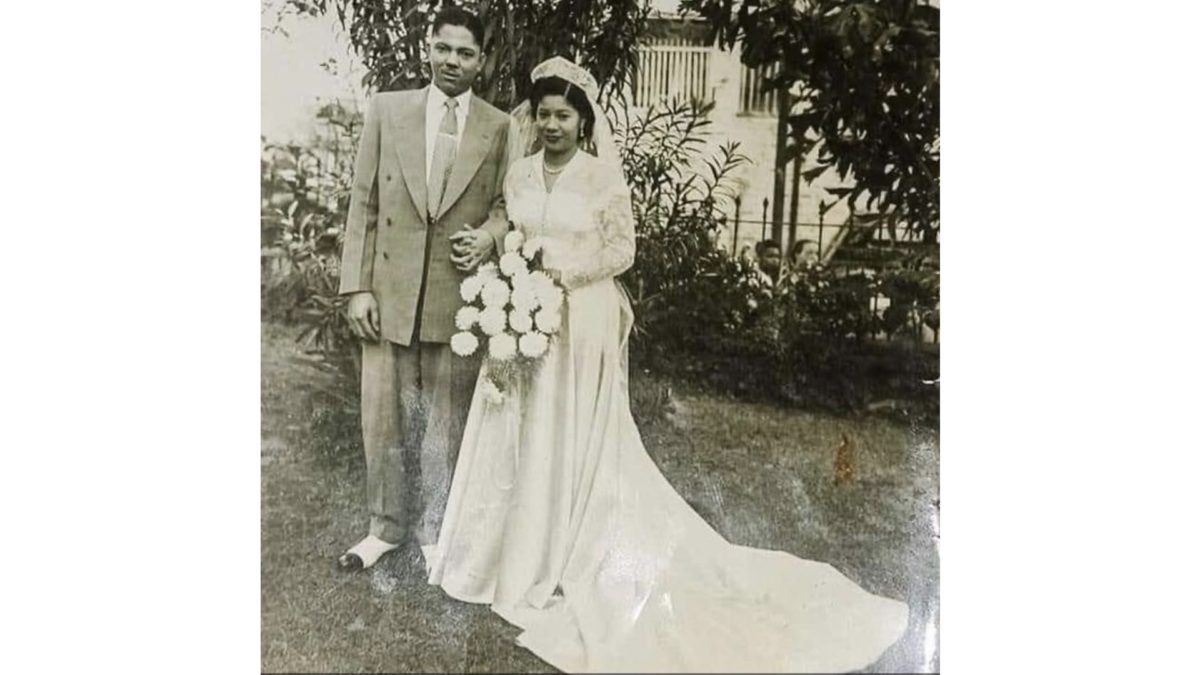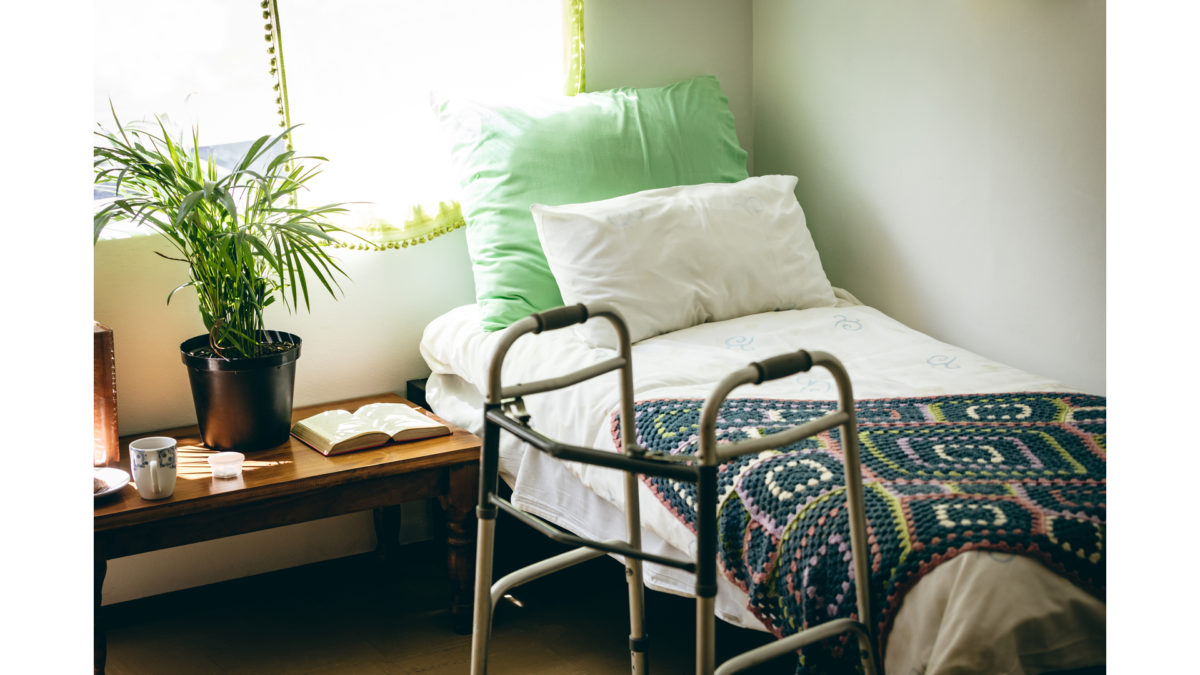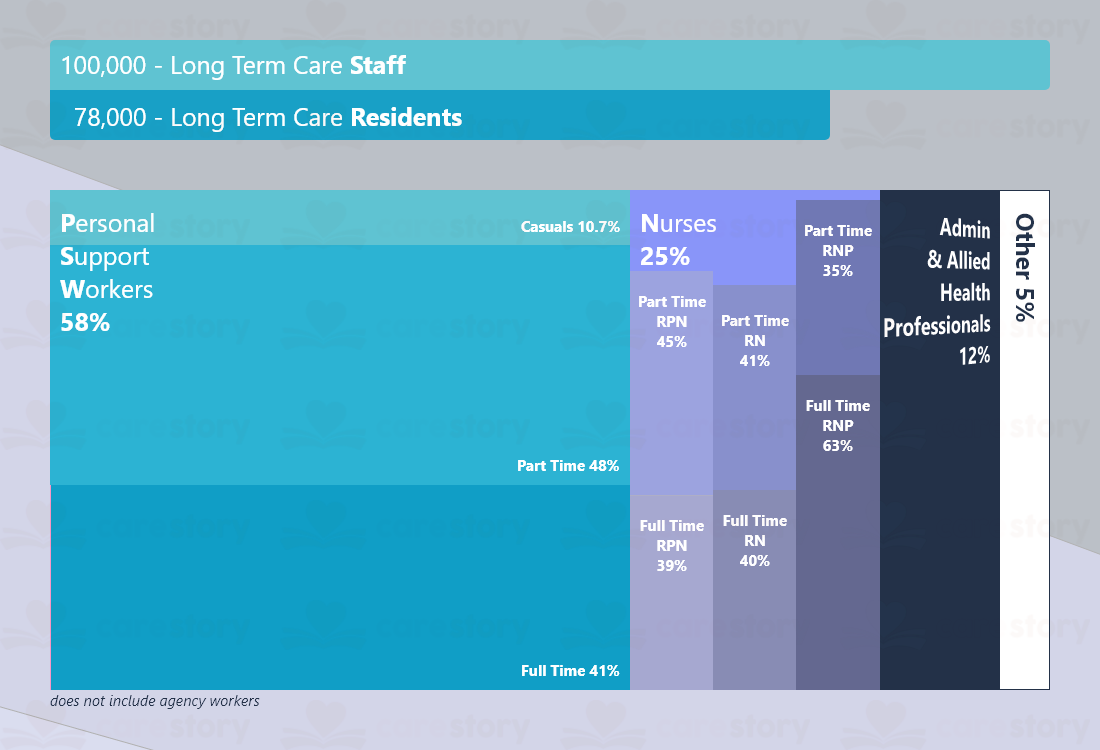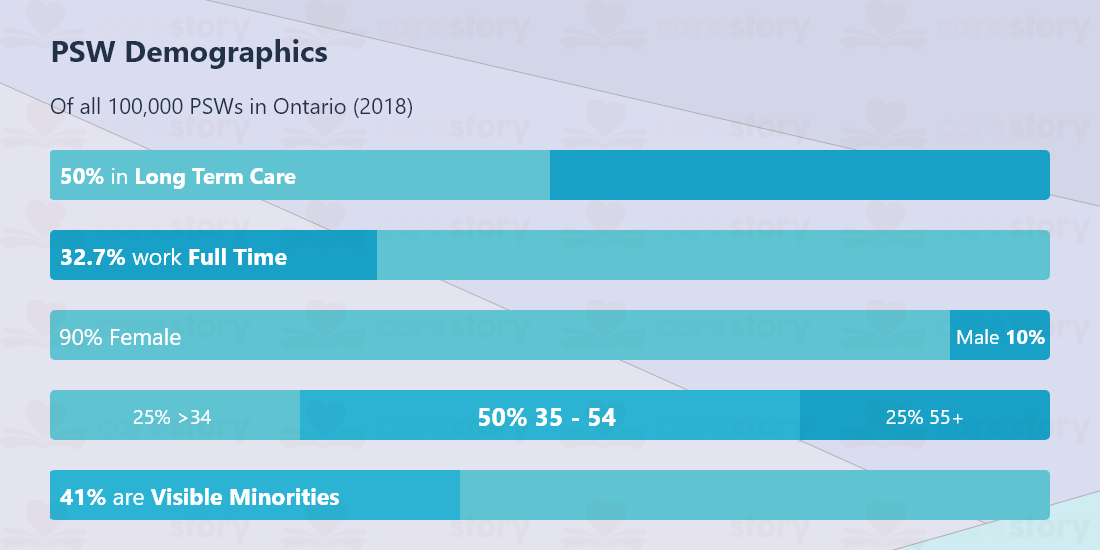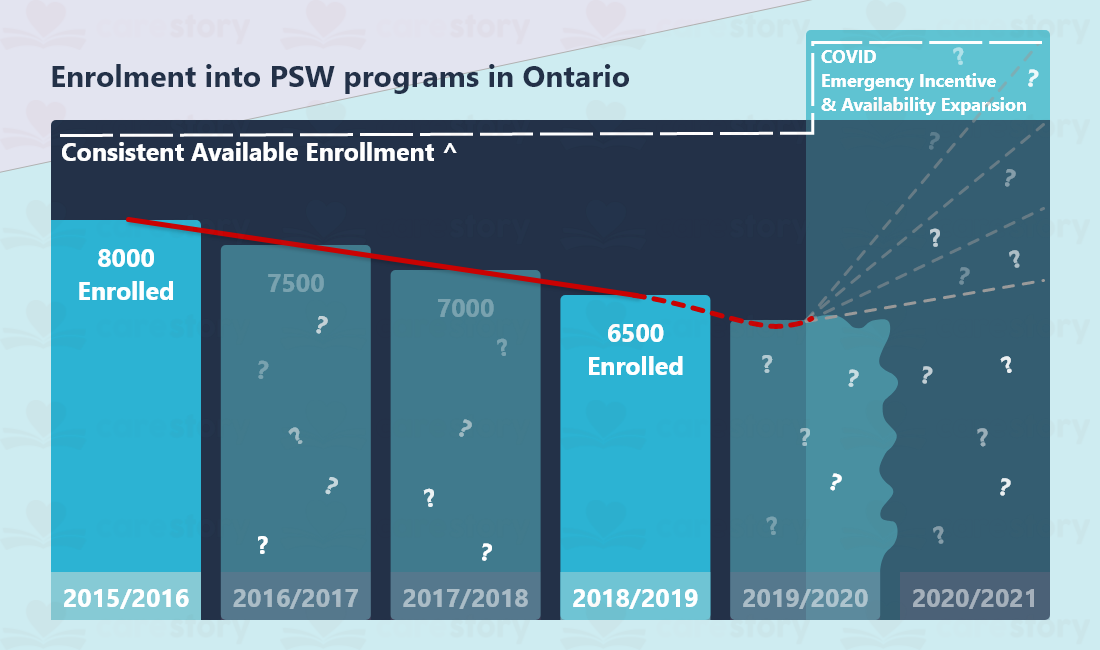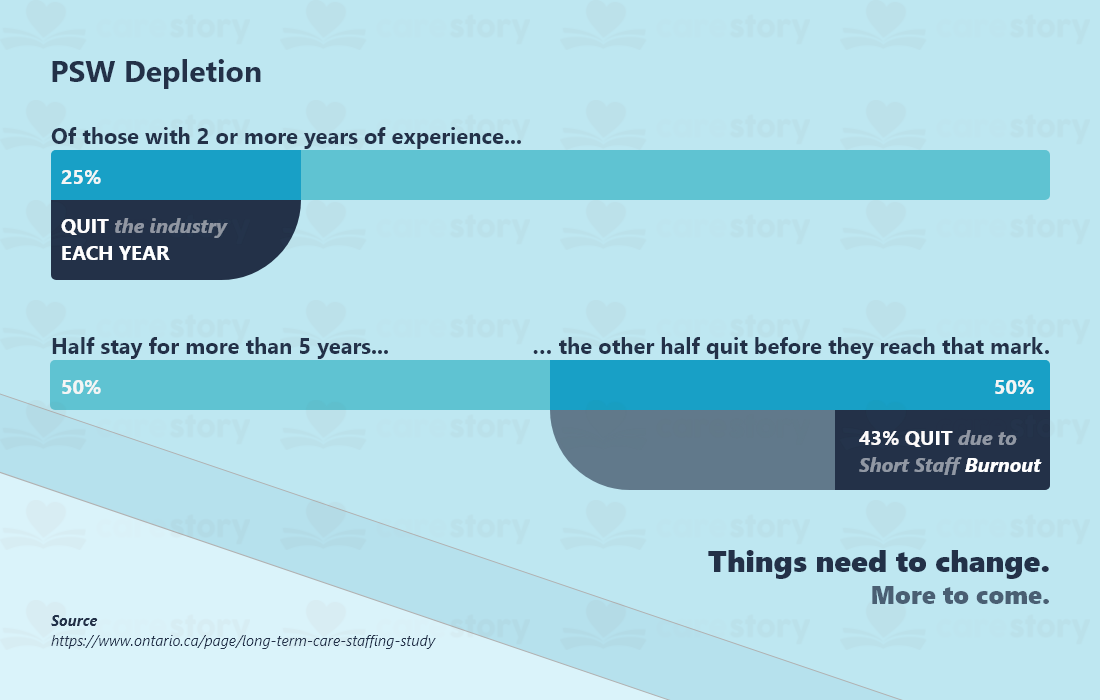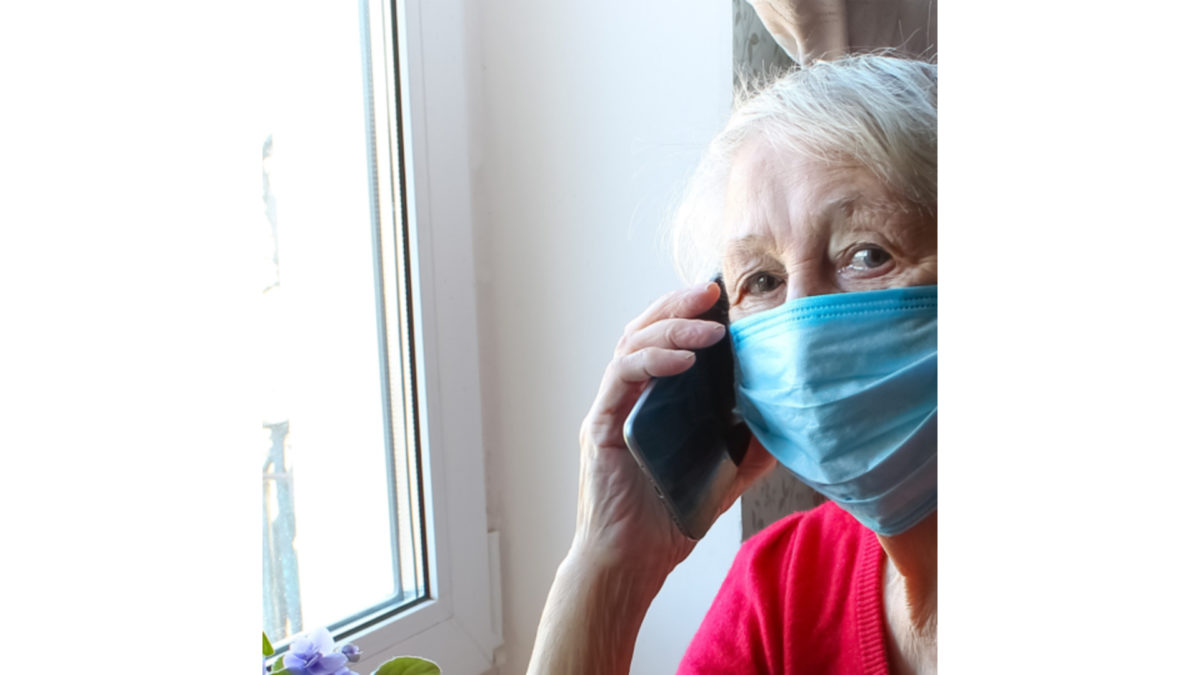You say you’re lonely. You work from home, see only a few people at a time, go online to connect. Now, just imagine you’ve been confined for 6 months to your room – no, not your house, your room. You are elderly, or ill, and COVID restrictions in your nursing home have meant that everything has changed. So no group meals, no social activities, no friends and family allowed to visit (or perhaps, worse, you don’t have any friends or family at all).
Loneliness and social isolation have been clearly linked to impaired mental and physical health, even a reduction in lifespan. For instance, social scientists know this; senior caregiversknow this, and familiesknow this. Here is a link to an online search for “lonelinessepidemic” – you’ll find an unsettlingly immense number of articles.
COVID solutions for our country – not simple or quick. Loneliness solutions for our elderly – immediate and easy ways to make a difference:
A program dedicated to seniors living in care facilities. Friendly Voices provides weekly phone companionship and conversation by trained, compassionate volunteers. Thus, each senior is matched with his/her own volunteer phone buddy to maintain consistency and ongoing personal connection. HIPAA compliant; multi-lingual volunteers; completely free. Staff or family can easily sign up their loved ones for a phone buddy through our website.
“We listen if the senior wants to talk. We talk if the senior wants to listen.”
The Friendship Line is a crisis intervention hotline as well as a warmline for non-emergency emotional support calls. Founded in 1973 by Dr. Patrick Arbore, Director of IOA’s Center for Elderly Suicide Prevention. On top of that, the organization is accredited by the American Association of Suicidology. Because of this, Friendship Line provides round-the-clock crisis support services.
AARP Friendly Voice program exists to help those living in isolation. To elaborate, it provides people with a phone line where they can request a callback from one of the trained, caring, volunteers standing by ready to chat, listen, or just say hello.
This Indiana-based, student-started, United Way featured, started as a COVID support system for the elderly in the state. During the initial phases of the pandemic in the state, they were also offering to help seniors with tasks if there were volunteers in the local community. However, the scope of the service has extended beyond the initial county into the nearby states. As of writing, tasks are no longer a service they provide due to COVID concerns and local restrictions. On the other hand, they started a monthly book club to offer communality in the discussion between seniors and volunteers.
Created in 2020 during the height of the COVID-19 Pandemic Calls of Care is a non-profit foundation. A mother and two daughters with the mission of organizing and creating a connection between college and high school students to senior living provider residents via phone calls. In addition to it’s activity in it’s home state of California, Calls of Care is active all across the East coast as well. You can view participating high schools, colleges, and universities here.
The Forget Me Not-Friendly Phone Call Program is an intergenerational non-profit organization based in San Jose. Established in 2019, it aims to connect compassionate high school volunteers to the local aging community. It does this by forming stronger social bonds and long-lasting friendships through weekly telephone calls.
Virtual Companions is a non-profit working to foster acts of kindness and meaningful companionships between generations through conversation, community, and the arts. They are working to combat loneliness and ageism by fostering genuine connections. To do this, they empower socially isolated individuals to connect, create, and collaborate. It does all this through four outreach pillars: virtual concerts, cards and crafts, pen-pals, and phone pals. Virtual Companions brings joy through music, service, and the arts to those who need it most.
This service is part of the larger Senior Life Resources non-profit based in Richland Washington. Meals on Wheels provides nutritional support to the elderly within the tri-city area. The onset of COVID prompted a shift to connect the isolated seniors being served by the program. Seniors have the possibility to opt-in; with the drivers or other willing volunteers.
Started by the Rural Ottawa South Support Services (ROSSS) and supported by the Ontario Trillium Foundation, this Canadian initiative in the province of Ontario helps isolated seniors. Dedicated to the aging and isolated rural residents of Ontario, ROSSS offers a hotline for older adults (55+) to reach out to if they feel lonely and need someone to talk to.
With its roots in the Cristian teachings, the CCS offers support to all those individuals, children, families, and communities struggling with poverty and the effects of intolerance and racism. As of 2016, the scope of their aid to the elderly in the region has extended to a phone buddy system. Of note, as of writing, the support for seniors has been limited to transportation services only for medical purposes or grocery shopping on the seniors’ behalf, with the hope that these services will be extended back to regular operations once the COVID-19 has been dealt with.
Are you are looking to bring joy into someone’s life? Do you have some time to spare? Consider joining a phone buddy program and see if it works for you. However, if you are currently working in a nursing home, retirement home, or long-term care home? These organizations may be able to help you with those ~30% of residents who may not have someone to talk to anymore. And lastly, if you are working within this environment or have loved ones away in a care facility see how CareStory helps families, caregivers, and home operators work together to better the lives of residents.



